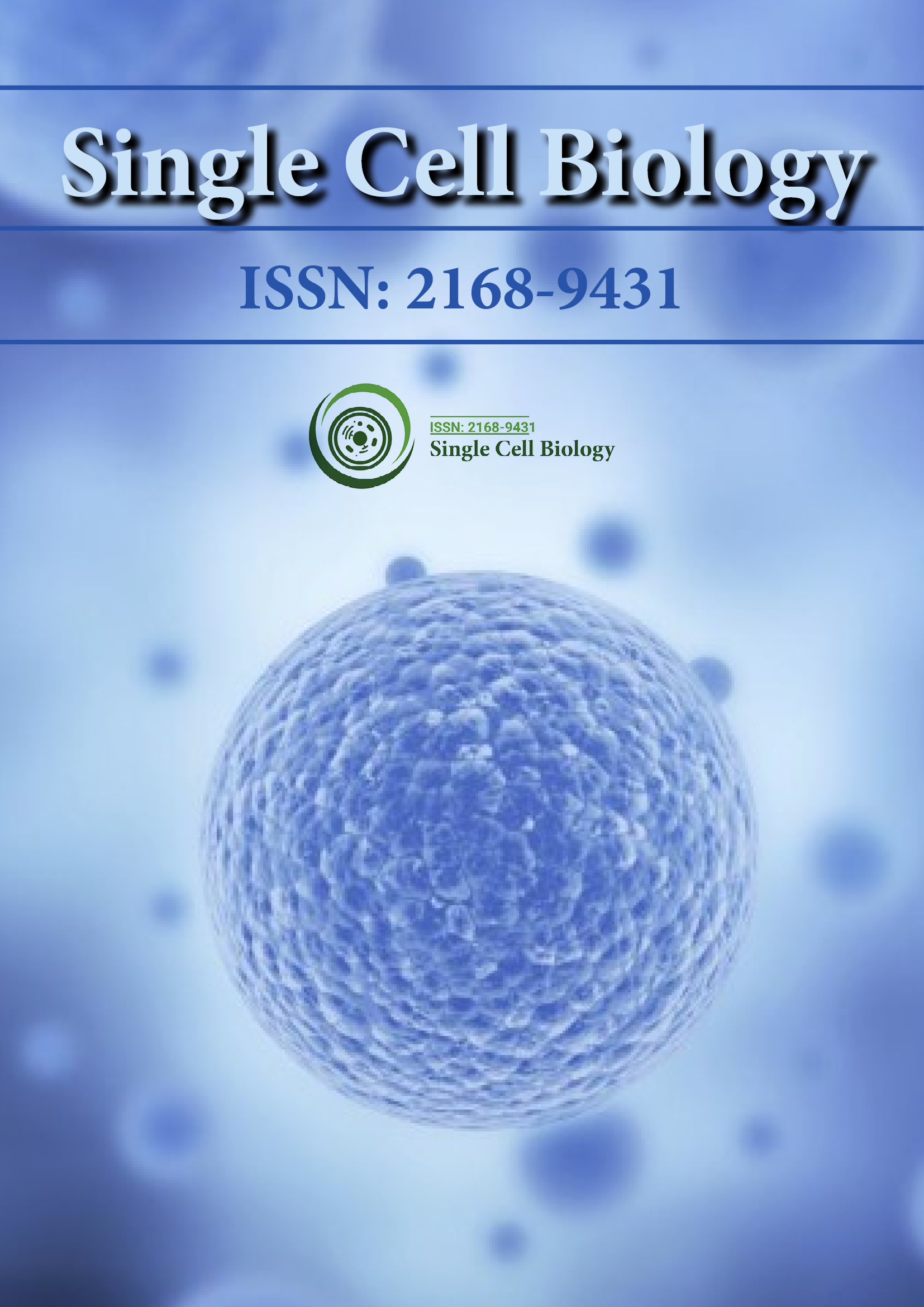Indexed In
- ResearchBible
- CiteFactor
- RefSeek
- Hamdard University
- EBSCO A-Z
- Publons
- Geneva Foundation for Medical Education and Research
- Euro Pub
- Google Scholar
Useful Links
Share This Page
Journal Flyer

Open Access Journals
- Agri and Aquaculture
- Biochemistry
- Bioinformatics & Systems Biology
- Business & Management
- Chemistry
- Clinical Sciences
- Engineering
- Food & Nutrition
- General Science
- Genetics & Molecular Biology
- Immunology & Microbiology
- Medical Sciences
- Neuroscience & Psychology
- Nursing & Health Care
- Pharmaceutical Sciences
Journal Highlights
- Advances in Age Test
- Age-Related Diseases
- Aging
- Aging Effects
- Aging Population
- Aging Research
- Aging Science
- Aging Skin
- Amoxicillin
- Ampicillin
- Anthrax
- Antiaging
- Antiaging Creams
- Antiaging Diet
- Antibiotics for UTI
- Antifungals
- Antimicrobial Activity
- Antimicrobial Agents
- Antimicrobial Suceptibility
- Antimicrobials
- Antinuclear Antibodies
- Anxiety Medicine
- Autophagosomes
- Bacteremia
- Bacterial Ecology
- Bacterial Genomics
- Bacterial Infections
- Bacterial Toxin
- Bacteriology
- Biology of Aging
- Biology of Cancer
- Bipolar Medicine
- COVID-19
- Cell Culture
- Cell motility
- Cell tracking
- Cellular Senescense
- Centrioles
- Clinical Microbiologist
- Clinical Microbiology Case Reports
- Clinical Microbiology Guidelines
- Clinical Microbiology Research
- Clinical Microbiology Reviews
- Clinical Microbiology and Infection
- Corona Virus
- Cytoskeleton
- DNA-based barcodings
- Depression Medicine
- Diabetic Medicine
- Elder Care
- Escherichia coli
- Evolutionary Biology
- Geriatrics
- Host-Pathogen Interactions
- Human Biology
- Intestinal Parasites
- Leprosy
- Listeriosis
- Longevity
- Lyme Disease
- Manual of Clinical Microbiology
- Membrane Trafficking
- Molecular Pathogenesis
- New Infections
- New Microbes
- Nosocomial Infection
- Old Age Psychiatry
- Opportunistic Infections
- Papillomavirus
- Parasitic Infection
- Parasitic Worms
- Parasitology
- Penicillin G
- Polymerization
- Rickettsioses
- STD
- Salmonella
- Salmonellosis
- Senescence
- Single Cell Analysis
- Single Cell Gene Expression
- Single Cell Genome
- Single Cell Protein
- Single cell Imaging
- Single cells
- Staphylococcal Infections
- Streptomycin
- Tetracycline
- Zoonotic Bacterial Diseases
Membrane Trafficking
Membrane trafficking is the process by which proteins and other macromolecules are distributed throughout the cell, and released to or internalized from the extracellular space. Membrane trafficking is essential for transport of proteins and other macromolecules to various destinations inside and outside of the cell. Membrane trafficking also helps cells to maintain cellular homeostasis, as well as to meet specific demands during signal perception and transduction. Trafficking within the network supports intercellular communication and construction of extracellular matrix through secretion, nutrient import and processing of extracellular signals through endocytosis, and periodic turnover and renewal of cellular organelles. Unfortunately, membrane trafficking also facilitates invasion of cells by pathogenic microorganisms, and trafficking defects occur in several diseases. Thus the mechanisms of membrane trafficking are central to both cellular physiology and pathology. Research in the Department of Cell Biology addresses both the physiological and pathological aspects of membrane trafficking.
Related journals of Membrane Trafficking
Journal of Clinical & Cellular Immunology, Journal of Stem Cell Research & Therapy, Cellular and Molecular Biology, Journal of Cell Science & Therapy, Cell & Developmental Biology, Journal of Membranes Science, Current Topis in Membranes, Membrane Science and Technology, Membrane Protein Transport, Molecular Membrane Biology, Biomembranes: A Multi-Volume Treatise, Advances in Cellular and Molecular Biology of Membranes and Organelles
